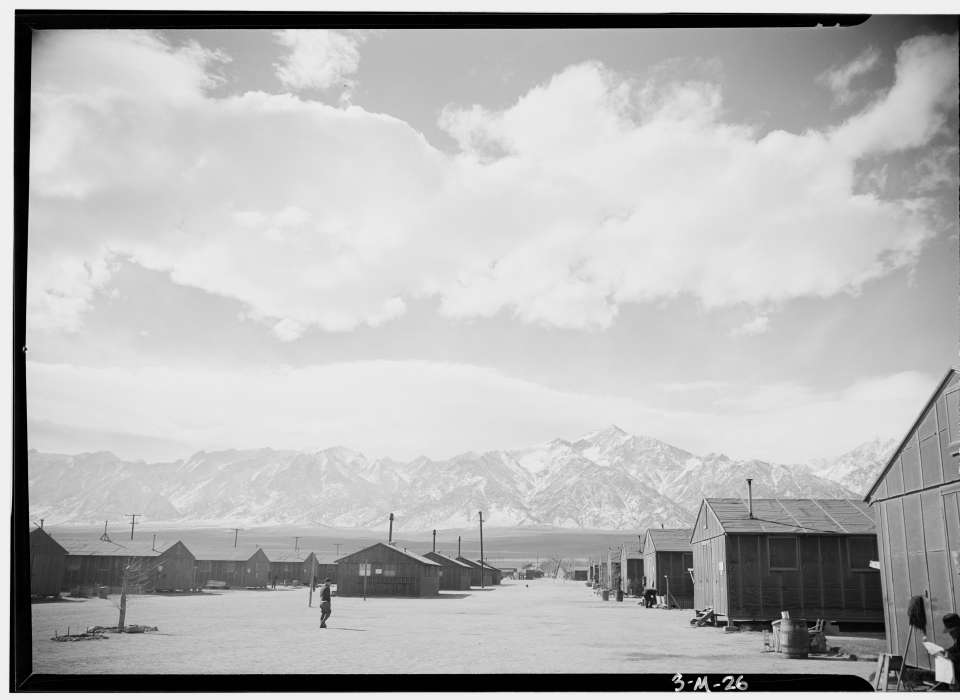Fear is a feeling which is extremely powerful and therefore can force people to become disoriented and lose control over their lives. Similarly, countries and their governments also tend to embrace fear instead of staying objective and reasonable. In many cases, as a result of the fear, authorities begin to limit the freedom of entire societies and prevent them from exercising their rights to a full extent. Thus, it is possible to state that fear can have a negative role on society and lead to the imposition of restrictions on freedom which is evidenced by many historical events.
There are many examples of situations and events which involved restricting societies’ freedoms due to fear. Usually, governments can utilize fear, also experienced by citizens, as a pretext for justifying limitations on freedom. Moreover, when the entire society panics due to the high level of fear, people become less likely to start protests or refuse to comply with the new restrictions. Fear benefits governments which wish to establish strict control over citizens and be able to suppress certain activities which it deems unacceptable.
As mentioned above, many notable instances of fear being used as a reason to limit freedoms can be presented. The United States government engaged in the practice of limiting freedom due to fear on many occasions. For instance, during World War I, Congress had to pass a law which made it illegal to make any statements against the draft which existed in the U.S. military at that time (Hall 217). Moreover, there were actually imprisonments made based on the law and people who believed that the draft was illegal since it violated the Constitution. The law passed by Congress can be explained by the fear of the authorities to see a considerable opposition in society to the involuntary draft and thus fail to find soldiers. The example of the aforementioned event demonstrates how fear in society and government can lead to restrictions on freedom.
The use of fear as a pretext for the violation of freedom also was utilized during World War II, which was even more difficult than the first. Yet, in the case of WWII, the government of the United States, which was at war with Japan, had to order the creation of concentration camps for Japanese-Americans (Fig. 1). The race was the only factor which determined whether people would be placed in the camps. Essentially, there was no filtration or measures to establish the views of the people and their affiliations. As a result, there were more than 100,000 people who were sent to the camps by the U.S. authorities (Hall 251). Once again, the sole reason for the inhumane decision was based on the fear of facing sabotage from Japanese-Americans, who would be patriotic towards their historical land. The fear caused the government to limit freedom and create a situation which would not be possible today.

Although the previously mentioned instances can hardly be imagined nowadays, there are still fear-driven decisions of the U.S. government which can be considered restrictive of freedom. The attacks on the World Trade Center became a national tragedy for the United States and claimed the lives of many people leading to hundreds of injured (McElreath et al. 158). After the terrorist act, the majority of the population of the United States began to experience fear since the idea of being safe in the county was no longer real. The U.S. government also had many fears of further attacks by terrorists and took many actions to prevent them. One of the most notable of the decisions was the establishment of the Guantanamo Bay detention camp, where people were imprisoned and tortured often without any due process (Hall 706). There are still discussions about the legality of the Guantanamo facility, but the situation indicates that fear in society was once again used to limit the freedom of people.
Personally, I have faced fear on many occasions, yet it never led to self-imposed freedom restrictions. At the same time, I have a friend who became extremely fearful of contracting the COVID-19 virus after the start of the pandemic and refused to meet with friends and family. The person simply stayed at their home, ordered food delivery, and walked only in the backyard. The person was simply controlled by fear which prevented them from thinking reasonably and assessing the situation. The decisions of my friend and the U.S. government are in many ways similar since they both were caused by fear. In order to counter fear, it is important to start “practicing mindfulness of fear and looking deeply into its origin” (Nhat Hanh 91). Essentially, only by recognizing the existing fear people and societies can start to analyze it and find sensible ways to overcome it. Yet, when the fear is not controlled, it prevents people and societies from being objective and causes them to make wrong decisions and actions.
Fear experienced by individuals and societies can make them commit unreasonable decisions, which also can be immoral and lead to restrictions of freedom. As evidenced by many historical events, governments have been utilizing fear as a pretext for the imposition of limits on freedom for a long time. People, in order to stop letting fear control their actions, need to practice mindfulness and recognize the origins and effects of their fear.
Works Cited
Hall, Mitchell. Opposition to War: An Encyclopedia of U.S. Peace and Antiwar Movements. ABC-CLIO, 2018.
Library of Congress. “Japanese American Incarceration.” The National WWII Museum, n.d., Web.
McElreath, David, et al. Introduction to Homeland Security. 3d ed., CRC Press, 2021.
Nhat Hanh, Thich. Fear: Essential Wisdom for Getting Through the Storm. Random House, 2012.